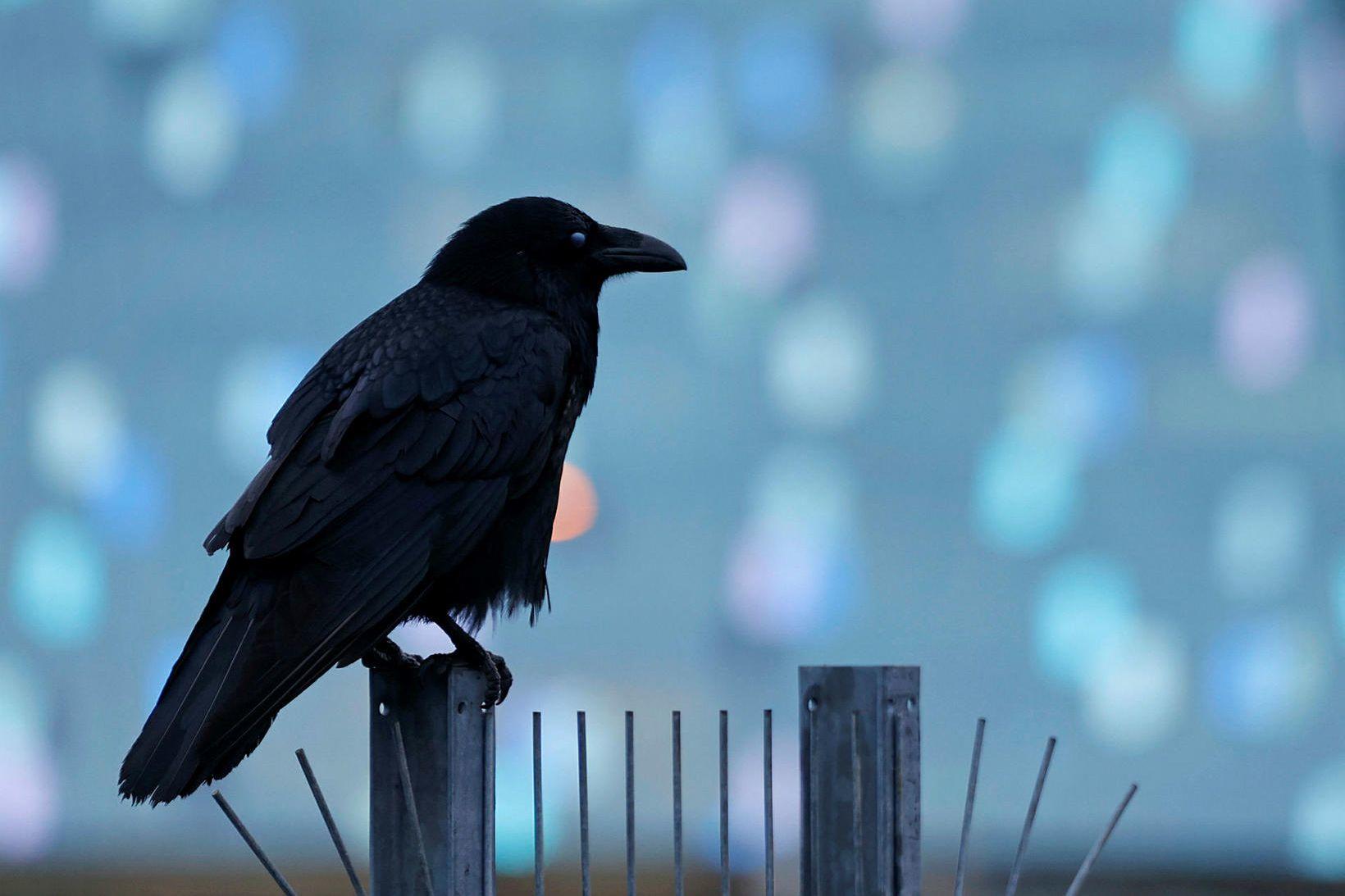Bird flu threat remains as wild bird deaths decline in Iceland
Reports of wild bird deaths in Iceland have sharply decreased, according to a statement from the Icelandic Food and Veterinary Authority (IFVA), suggesting that the spread of bird flu may be slowing. Despite this, the occasional case of severe bird flu continues to be diagnosed, underscoring that the epidemic is far from over.
While the current risk of infection appears low, the IFVA cautions that animals could still be exposed to the virus if they come into close contact with sick or deceased birds. Pet owners are advised to carefully assess their individual situations and decide whether to allow their animals outside, particularly in areas where infected birds have been found.
The IFVA also reminds the public that preventive measures, as outlined by the Minister, remain in effect to protect poultry and other captive birds from the disease. These guidelines include precautions against the spread of the virus, which has been particularly concerning due to the arrival of migratory birds from regions with ongoing outbreaks.
333 dead birds
Since the fall, the H5N5 strain of bird flu has been detected in 11 species of wild birds. A total of 333 dead birds and 78 sick ones have been reported. Additionally, the virus has been found in wild mammals, with three cats, one fox, and one mink testing positive after 14 samples were collected.
The IFVA continues to urge the public to report any found dead birds or wild mammals whose cause of death is unclear. Reports can be submitted through the "Suggestions and Inquiries" section on the mast.is website.
As the situation evolves, the authority stresses that vigilance remains crucial, particularly with migratory birds continuing to arrive in Iceland, potentially bringing new strains of the virus with them. Bird owners are urged to remain cautious and monitor their animals closely.
"It is important to describe the location well, preferably with coordinates, and include a photo.
Sick or injured animals must be reported
The reports are an important part of monitoring the situation. All tips are recorded and the agency then decides whether there is a reason to take a sample.
Among the things taken into account in that decision is where the animal is located and what species it is," the announcement says.
The Icelandic Food and Veterinary Authority reminds us that municipalities are legally obliged to ensure that wild animals that can be assumed to be sick, injured, in distress, or otherwise helpless are rescued.
Therefore, sick or injured wild animals must be reported to the relevant municipality or the police outside their opening hours, in addition to the Icelandic Food and Veterinary Authority, so that they can be helped or their suffering can be alleviated.






/frimg/1/57/87/1578747.jpg)

/frimg/1/57/94/1579405.jpg)